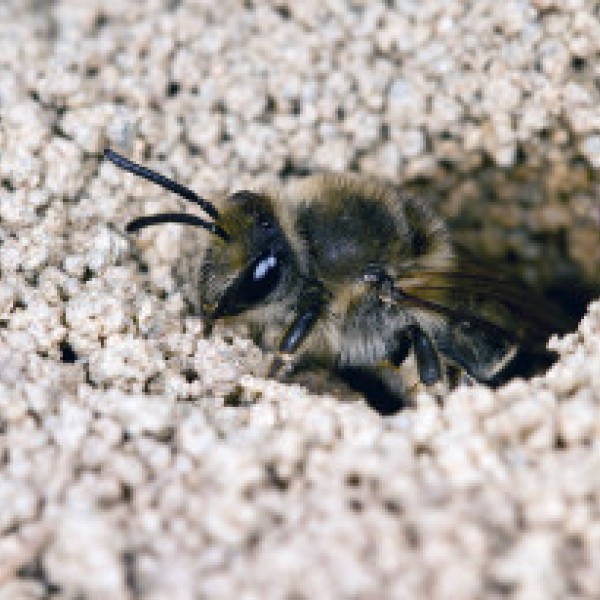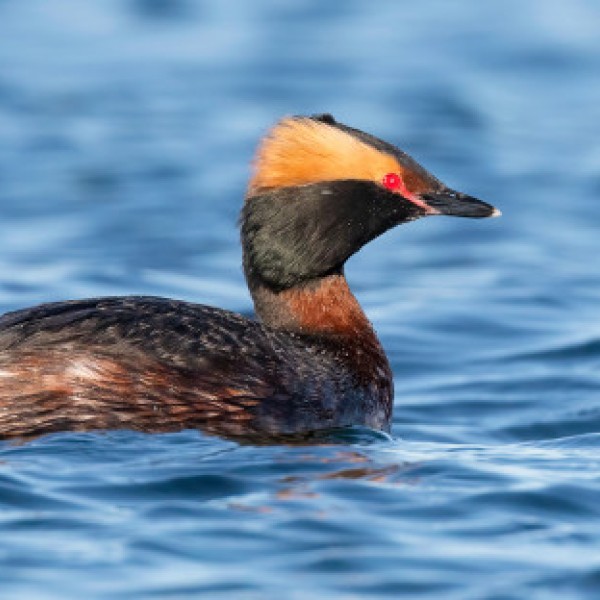Amanda Rodewald
she/her/hers
Garvin Professor and Senior Director of Center for Avian Population Studies, Natural Resources and the Environment Section

Contact Information
Cornell Lab, 159 Sapsucker Woods Road
Fernow Hall 103
Ithaca, NY 14853
arodewald [at] cornell.edu
-
Additional Links



